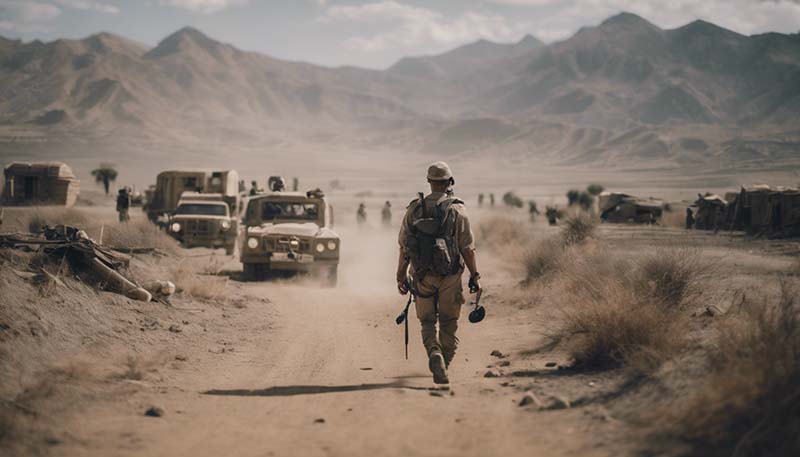Solo Travel in War Zones: How to Stay Safe and Make a Positive Impact
Note: This article is for informational purposes only. It is highly advised against solo travel in war zones due to the significant risks involved. Always follow official travel advisories and prioritize safety.
Introduction
While the idea of traveling solo in a war zone might seem like a thrilling adventure, it is crucial to understand the severe dangers and ethical considerations involved. This article outlines hypothetical steps and precautions one might take if they were to consider such a journey, keeping in mind that the best course of action is to avoid conflict zones altogether.
Understanding the Risks
War zones are areas of armed conflict characterized by violence, instability, and humanitarian crises. Traveling to such areas as a solo traveler can lead to:
- Physical harm or death due to ongoing conflict.
- Kidnapping or hostage-taking by armed groups.
- Legal repercussions for violating travel advisories.
- Mental health challenges due to exposure to traumatic events.
Preparation and Planning
If you are determined to travel to a conflict zone (which is strongly discouraged), thorough preparation is essential:
Advertisement
1. Research and Documentation
Conduct extensive research on the region, including the political climate, cultural norms, and safety risks. Obtain all necessary travel documents, including visas and special permits that might be required.
2. Local Knowledge
Learn the local language and customs to a functional level. Understand the local legal system and know your rights as a foreigner.
3. Health Precautions
Ensure you are up-to-date with vaccinations and have access to medical supplies. Familiarize yourself with the locations of medical facilities in the area.
4. Insurance and Evacuation Plans
Obtain travel insurance that covers medical evacuation. Have a detailed evacuation plan in place, including multiple routes and contacts.
5. Communication
Equip yourself with reliable communication devices. Satellite phones can be a lifeline in areas with no cellular coverage.
6. Cultural Sensitivity
Show respect for local customs and traditions. Dress modestly and be aware of any restrictions on photography or interaction with locals.
7. Security Measures
Employ local security services if possible. Stay in secure accommodations and avoid predictable routines that could make you a target.
Staying Safe
Even with extensive preparation, safety cannot be guaranteed in a war zone. Here are some general safety tips:
- Avoid public gatherings and demonstrations.
- Stay away from military installations and operations.
- Keep a low profile and avoid drawing attention to yourself.
- Stay informed about the security situation through reliable sources.
- Have a network of trusted local contacts who can provide advice and assistance.
Making a Positive Impact
If your goal is to help or understand the situation better, consider the following:
1. Support Local Economies
Purchase goods and services from local businesses to support the community.
2. Volunteer with Reputable Organizations
Work with established NGOs that are registered and have a proven track record in the area.
3. Respect Local Efforts
Acknowledge the efforts of local peacekeepers and humanitarian workers. Do not undermine their work with uncoordinated actions.
4. Educate Yourself and Others
Use your experience to raise awareness about the conflict and its effects on civilians.

5. Advocate for Peace
Use your voice to advocate for peaceful resolutions and support policies that promote peace and stability.
Conclusion
Solo travel in war zones is an extremely risky endeavor and should be avoided at all costs. If you feel compelled to engage with conflict regions, do so from a position of safety, with proper preparation, and always with the aim of promoting peace and stability.
Comment